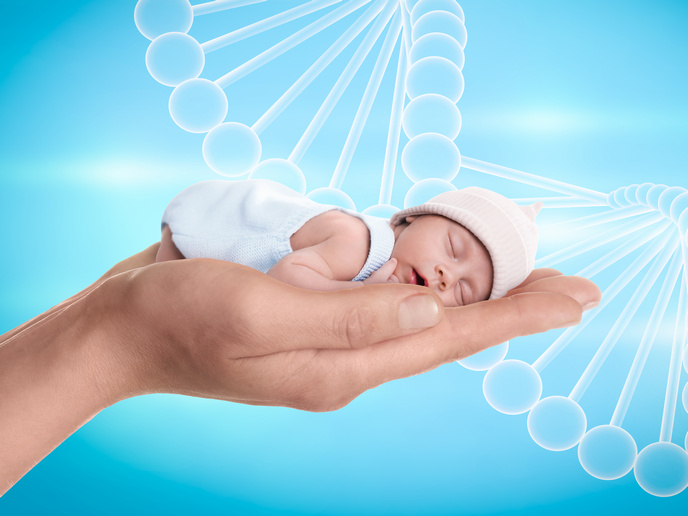Analysis of mutations that result in breast cancer
With more than one million cases diagnosed annually, breast cancer is the most common class of cancer diagnosed in young and old women worldwide. It is responsible for more than 400 000 deaths per year making it the leading cause of cancer mortality in women. Recent technological advances made sequencing large numbers of cancer genomes a realistic goal. The EU-funded BASIS (Breast cancer somatic genetics study) project has studied 400 breast cancer cases of the ER+, HER2- subclass, accounting for 40 % of all breast cancers. BASIS scientists have documented all classes of mutations in chromosomes including base substitutions, insertions, deletions, copy number changes and translocations present in the 400 patient samples. The main mutations have therefore been identified and there are probably only 2 % cancer genes to be discovered. Mutation catalogues carry details of past DNA changes, which will enable further understanding of the disease. Furthermore, analysis of mutation datasets will lead to the identification of cancer genes with a mutation rate of more than 3 % in a specific class of breast cancer. In parallel with analysis of mutations, complementary catalogues of transcriptional changes from RNA profiles and epigenomic alterations resulting from DNA methylation were generated for around 400 cancer samples. An integrated analysis of all datasets was compared with results from other classes of breast cancer and other types of cancer. Results of the analysis of the initial cohort of samples were published in high impact journals. Significant for future research, all BASIS project data will be placed in the International Cancer Genome Consortium Breast Cancer Data Coordination Center and in the European-Genome Phenome Archive where it will be available to researchers in the field.
Keywords
Mutation, breast cancer, datasets, transcriptional, epigenomic







